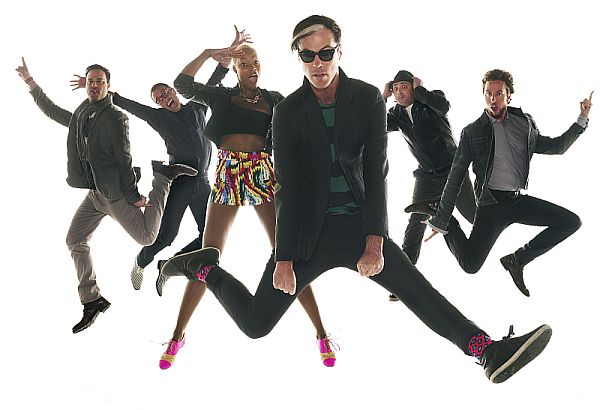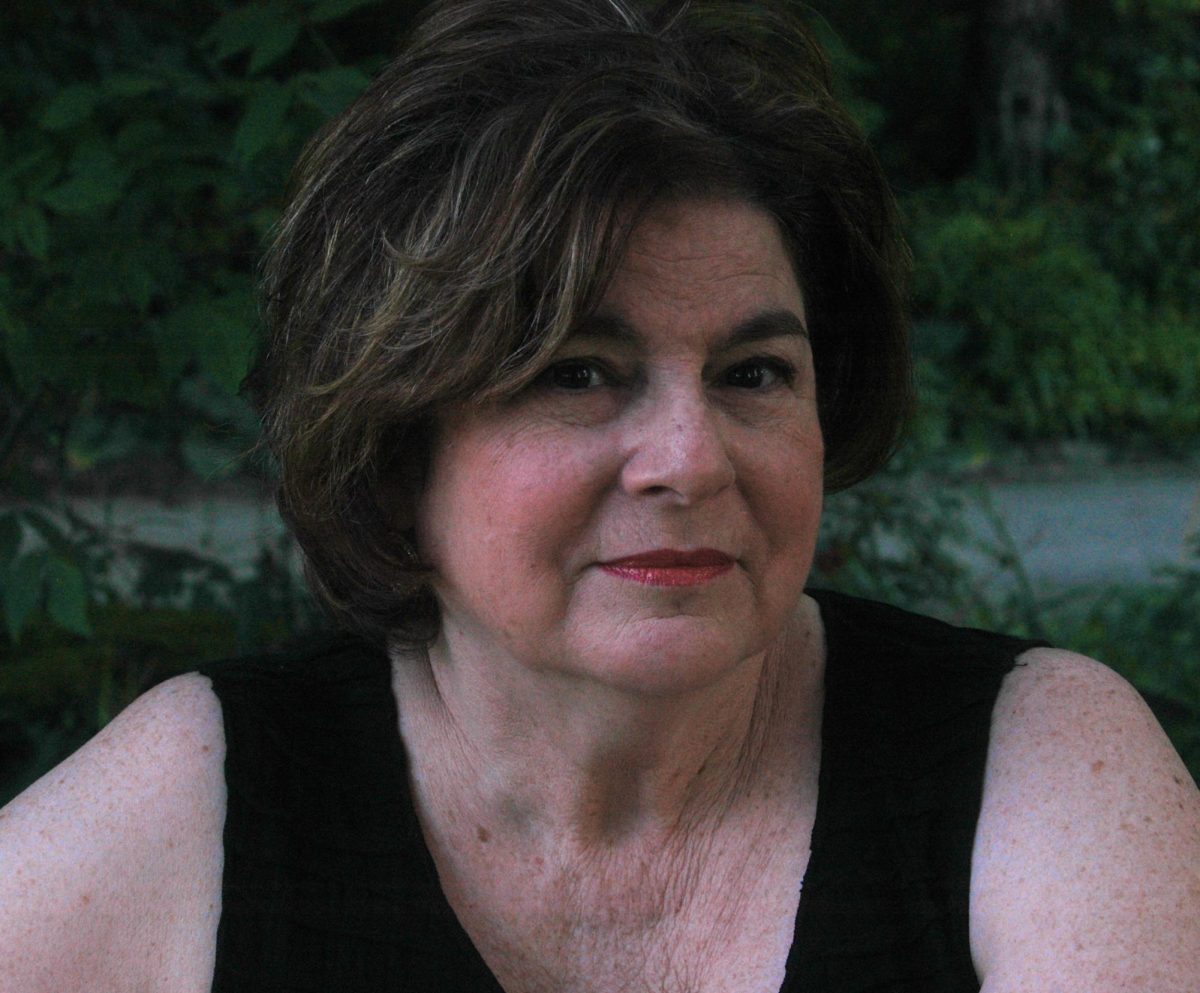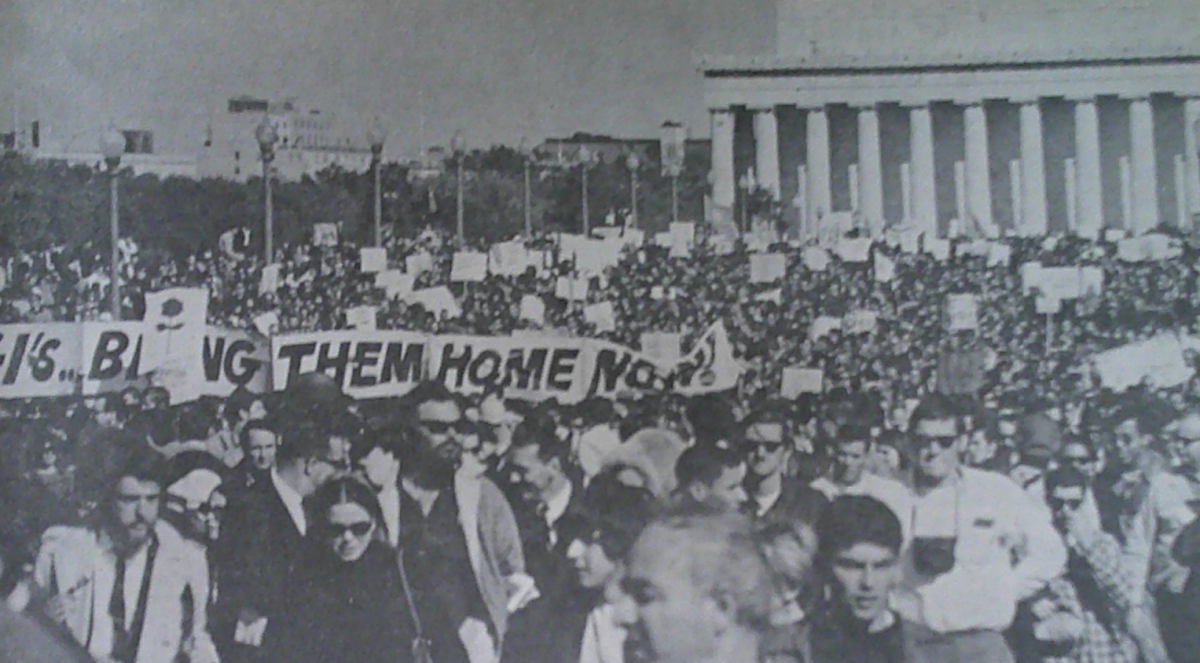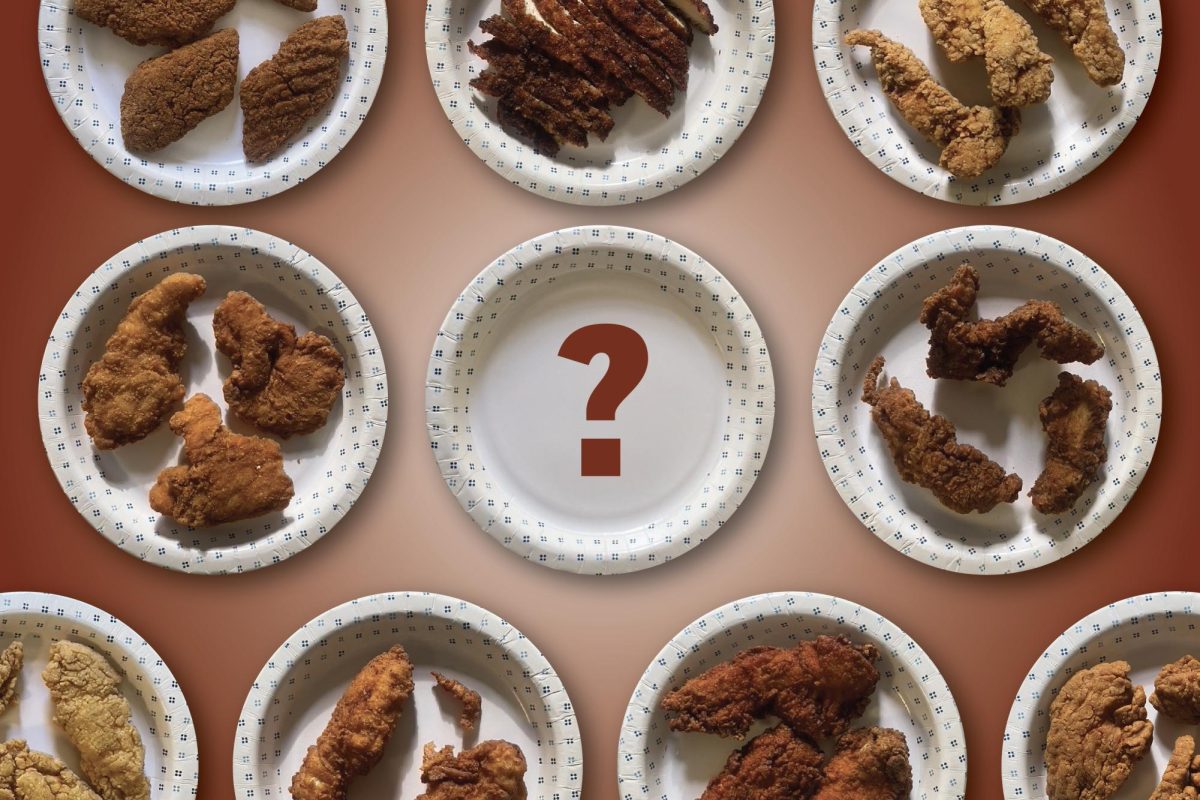
This post was written by Hatchet staff writer Margaret Kahn.
In the midst of their fall tour, Fitz and the Tantrums are blaring their dreamy ’80s synth-pop sound across the U.S. The Hatchet spoke with Fitz and the Tantrums drummer John Wicks about exploring a new creative path on their sophomore album “More Than Just a Dream,” meeting David Letterman and a stalker-like appreciation for Prince.
Fitz and the Tantrums are playing sold-out shows Oct. 30 and Oct. 31 at the 9:30 Club.
Hatchet: Tell me about the evolution of your sound and style since your first album, 2010’s “Pickin’ Up The Pieces.”
Wicks: We were playing in that [Motown] style, and it was a formula that was working- like, really working. Before we knew it, we were on tour with Maroon 5, and Sharon Jones and the Dap-Kings and Flogging Molly and we had only been a band a couple of months. We could have stayed in place and just stuck with that [sound] but I think once [Michael Fitzpatrick, lead vocalist] had a band together he recognized that he had five other voices that needed to be heard, and five other egos that needed to be stroked.
Hatchet: You’ve drawn on a lot of ‘60s soul influences, and this record reflects more of an ‘80s sound. Who were some of the artists that particularly influenced the band?
Wicks: I grew up listening to a lot of funk and disco and a lot of jazz music. Later, I got into the Motown stuff because I wanted to learn how to be a session musician and learn what is required to play on a hit record. As for the rest of the band, Jeremy [Ruzumna, keyboards] is obsessed with Prince – almost stalker-ish. He knows every keyboard that was used on every song Prince, Morris Day and The Time ever did. Fitz [Michael Fitzpatrick] is very much a product of the ‘80s, and grew up listening to The Style Council, Tears for Fears, stuff like that. He brought those influences into this record as well.
Hatchet: There’s this huge sense of energy conveyed through your music. A listener can be anywhere playing the songs through their ear buds and feel as if they’re in a dance hall. How do you get your energy up in the studio?
Wicks: I’m so glad to hear you say that! That’s a really tough thing to do in the studio, because you don’t have the feedback or energy from the audience. Live, it’s easier, because if you’re doing well, you get that feedback and energy from people yelling and screaming and dancing. I close my eyes and try to picture a room of dancing people, and try to figure out what’s going to make that entire crowd dance. I try to bring that energy, and put the same amount of sweat that I do in a live performance.
It can be tough though because recording is a different art form. What I’ve found going in and making this record is that a lot of my session experience worked against me, in the sense that usually when I get called for a session, they want me to come in and get a drum track in as quickly as possible and then leave. I sort of came into this with a session musician’s mentality, and then I realized, “Wait, this is actually my band. I don’t need to just make a solid drum track for the rest of the band to build on- I need to bring something distinctly me.”
Hatchet:You mentioned how important the energy of the crowd is to your music. Do you personally prefer festivals or smaller venues, like 9:30 Club?
Wicks: It’s thrilling to play in front of a sea of people, but I actually prefer small clubs because that intimacy, you can’t compare it to anything. From the very first note, [the crowd is] in it with you. There’s no disconnect between the stage and the audience; they’re right on stage with you, practically. I really like that, and I personally prefer that energy.
We were just on tour with Bruno Mars, and to watch Bruno and his band make a large stadium feel as though it was a small, sweaty club was a learning experience for me. Somehow, Bruno is able to make [venues of 17,000 people] feel personal to everyone and to connect to all of the audience, whether they’re in the back or the front. I want that same visceral experience [in] the large venues.
Hatchet:You’ve also performed on a lot of late night television, and caught a lot of great breaks opening for huge names. What’s a moment that made you pinch yourself?
Wicks: David Letterman was [my moment]. There’s this compilation on YouTube [I saw that] someone made of David Letterman asking drummers, “Are those your drums, or are they rentals?” He’s a drummer himself and a vintage drum collector. He’s a freak for that! When we went on there, I was like, “Oh gosh, I hope he asks me!” Turns out I have this beautiful set of lovely drums, and he walks up onstage. I was backstage in the green room, and I could see him on the monitor. He was looking at my drums, totally drooling over [them]. We go out for sound check, and he was out on stage and sure enough, he came and said, “Hi, are these your drums, or are they rentals?” I was like, “Yes!” I started geeking out about drums with him.
Hatchet:Lead singer Michael Fitzpatrick just became a father to his first child. Do you think that will slow down the workaholic energy of the band?
Wicks: I hope so, because I’ve got four and a half year-old twin girls up in Montana, so I hope that now that’s he’s a father too, we’ll ease up a little bit!




